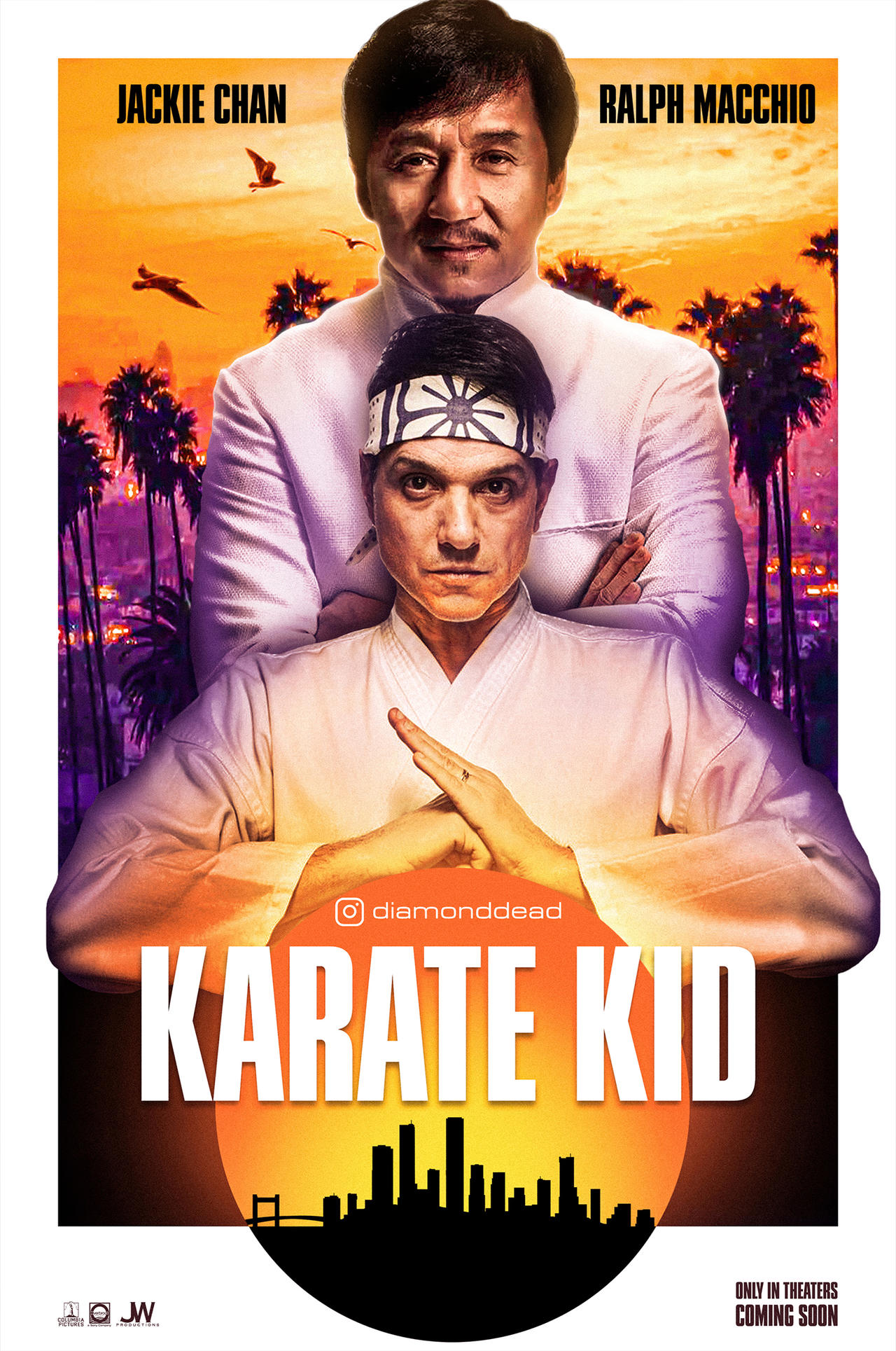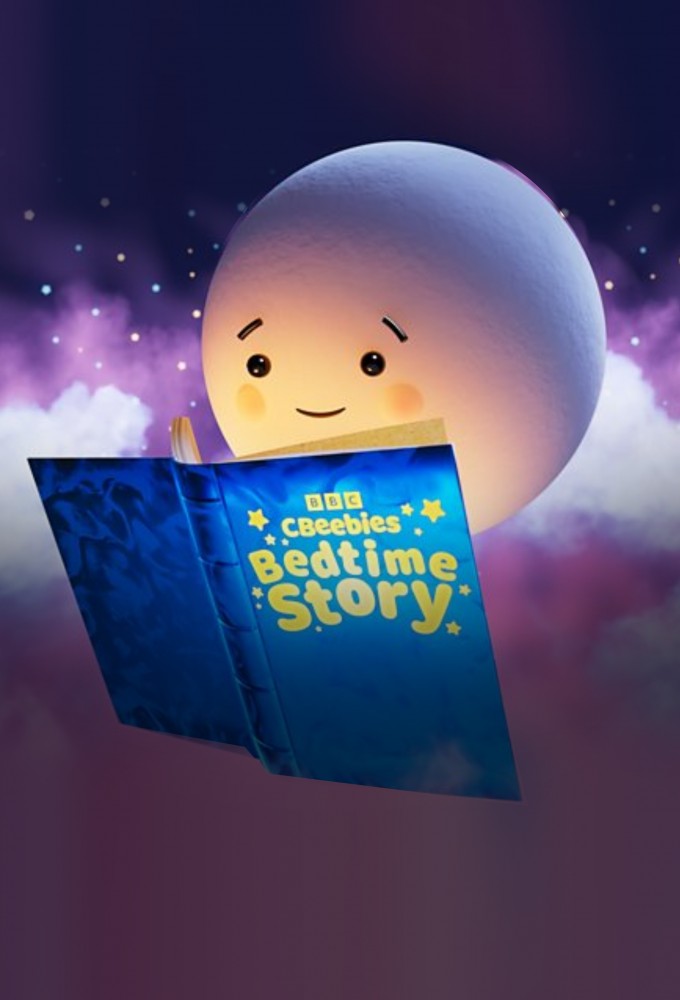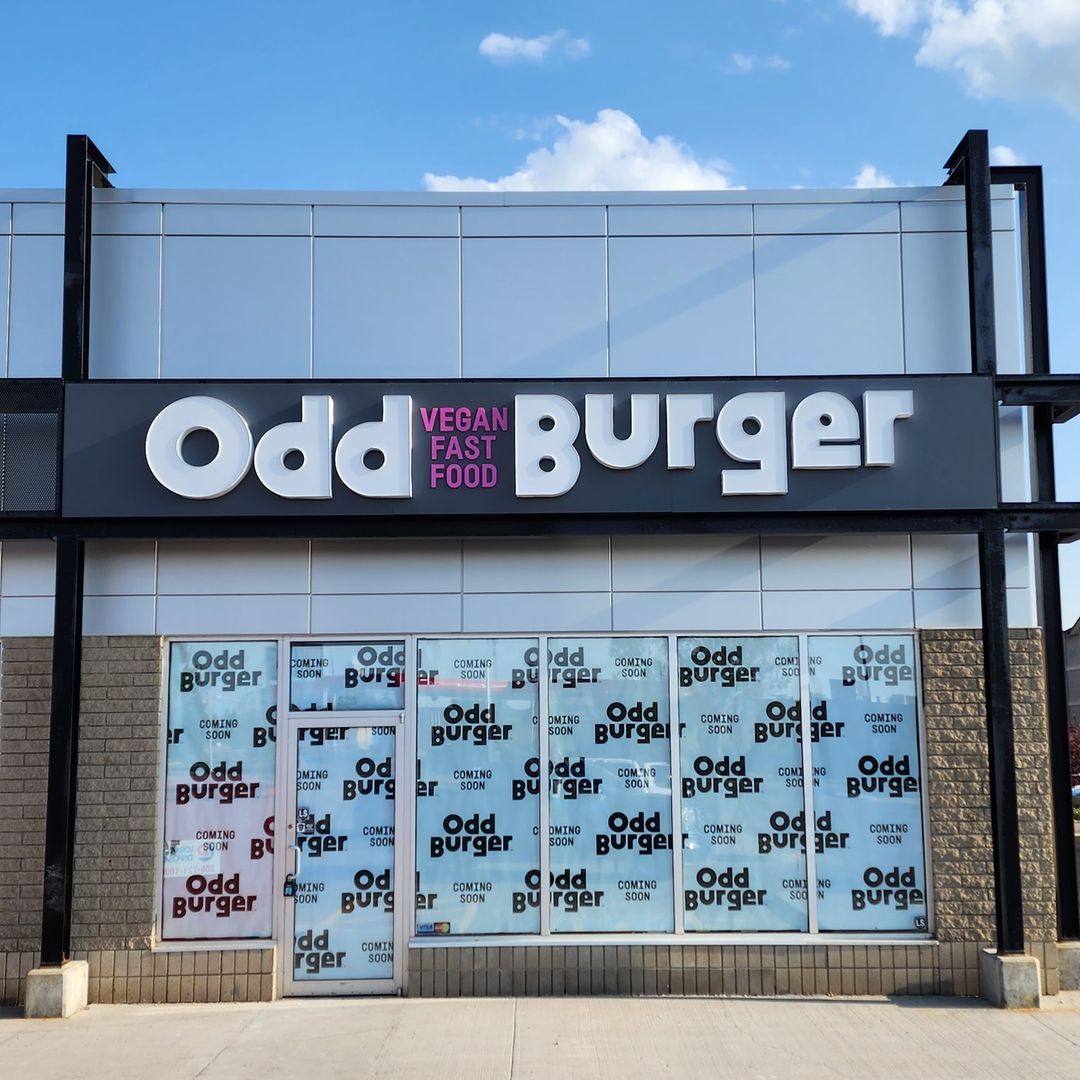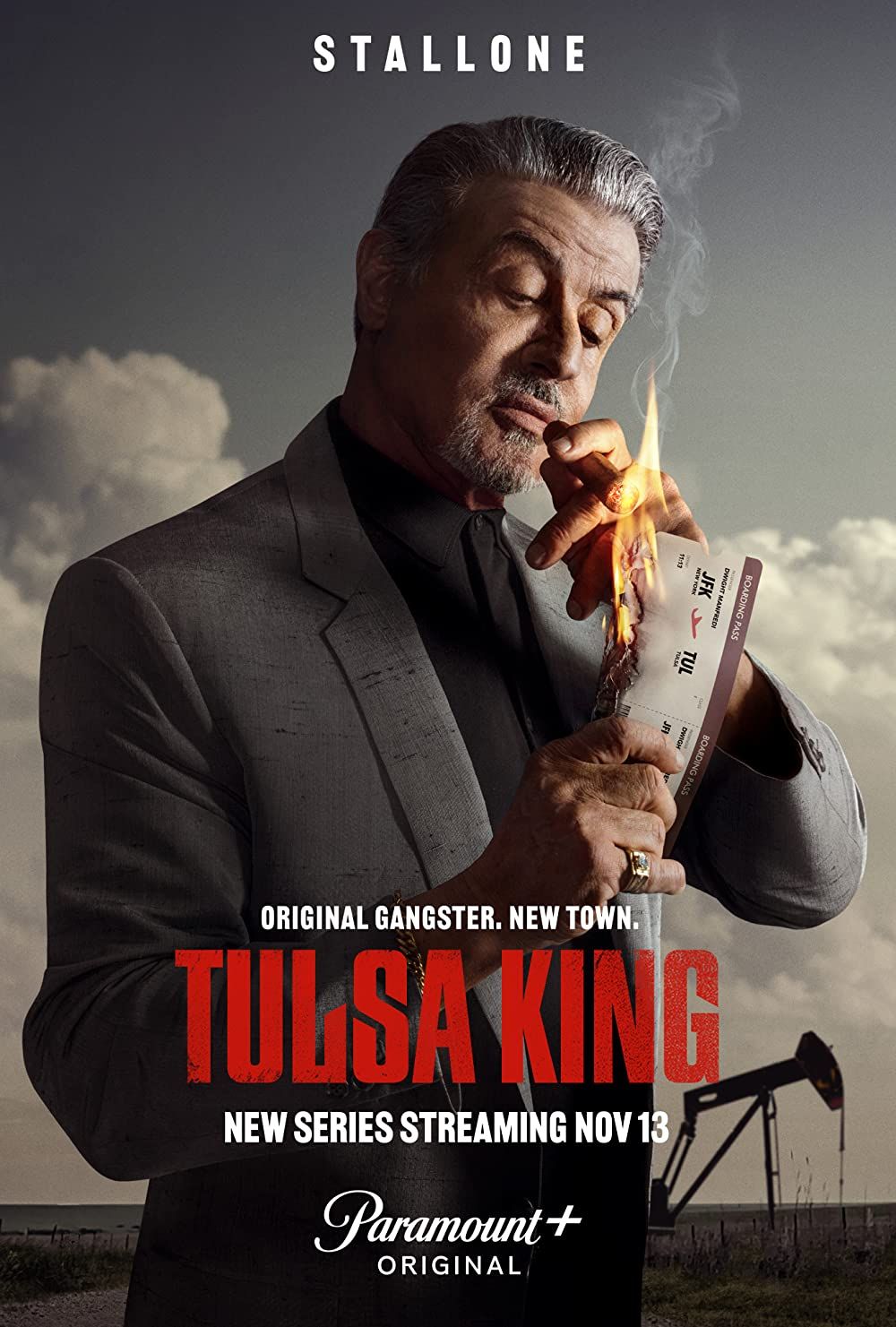The Karate Kid: A Deeper Look At The Characters And Themes

Table of Contents
The 1984 classic, The Karate Kid, transcends its martial arts genre. This enduring film resonates with audiences because of its compelling characters and timeless themes. Beyond the impressive karate moves, The Karate Kid offers a rich tapestry of lessons on perseverance, self-discipline, and the importance of mentorship. This article will delve deeper into the key characters and explore the multifaceted themes that have made this film a cultural icon.
<h2>Daniel LaRusso: From Outsider to Champion</h2>
<h3>The Underdog's Journey:</h3>
Daniel LaRusso's character arc is central to The Karate Kid's enduring appeal. He embodies the classic underdog story. Relocating to California, Daniel finds himself immediately thrust into a hostile environment, relentlessly bullied by Johnny Lawrence and his Cobra Kai gang. This initial vulnerability, this feeling of being an outsider, immediately establishes audience sympathy.
- Bullied and alone: Daniel's experience resonates with many who have faced similar struggles in their own lives, making him a relatable and sympathetic protagonist.
- Resilience and inner strength: His journey showcases the power of perseverance. Despite facing constant setbacks, Daniel refuses to give up, ultimately finding his inner strength and courage. This journey of self-discovery is a major theme of the film.
- Transformation: Daniel's transformation from a shy, vulnerable teenager to a confident karateka isn't just physical; it's a testament to his emotional and mental growth. He learns to stand up for himself, both physically and emotionally.
<h3>The Mentorship of Mr. Miyagi:</h3>
Mr. Miyagi's role as Daniel's mentor is equally crucial to the film's success. His unconventional training methods are far from your typical karate lessons. The seemingly mundane tasks – "wax on, wax off," "paint the fence" – are revealed to be cleverly disguised karate training, teaching discipline and focus in unique and subtle ways.
- Hidden lessons: The "wax on, wax off" sequences aren't just about physical dexterity; they symbolize the hidden lessons found in everyday life, emphasizing the importance of patience and dedication.
- Beyond karate: Mr. Miyagi's guidance extends far beyond the dojo. He teaches Daniel valuable life lessons about respect, self-control, honor, and moral character, shaping him into a well-rounded individual. This holistic approach to mentorship is a key element of the film's enduring message.
- Patience and wisdom: Mr. Miyagi’s calm demeanor and wise counsel offer a stark contrast to the aggressive approach of Kreese and Cobra Kai, highlighting the effectiveness of patience and understanding in achieving success.
<h2>The Antagonists: Johnny Lawrence and Kreese</h2>
<h3>Exploring Johnny Lawrence's Motivation:</h3>
While Johnny Lawrence is presented as the antagonist, the film offers glimpses into his motivations, adding complexity to his character. His aggressive behavior and bullying of Daniel are partly fueled by his own insecurities and desire for acceptance within the Cobra Kai dojo.
- Insecurity and acceptance: Johnny's actions are not simply malicious; they stem from a need to prove himself and belong. This nuanced portrayal adds depth to the conflict and makes him a more compelling antagonist.
- Rivalry and backstory: The rivalry between Daniel and Johnny goes beyond simple bullying; it is a complex dynamic fueled by personal insecurities and the intense pressure of the karate competition. A deeper understanding of Johnny's backstory would shed more light on the roots of his aggression.
- Cobra Kai's influence: The influence of Cobra Kai's philosophy and Kreese's manipulative teachings significantly shape Johnny's aggressive behavior, revealing the damaging effects of toxic masculinity and a win-at-all-costs mentality.
<h3>Kreese: The Master of Manipulation:</h3>
John Kreese is the ultimate villain of The Karate Kid. He represents the dangers of unchecked aggression and toxic masculinity. His ruthless training methods, focused solely on winning at any cost, are a stark contrast to Mr. Miyagi's patient and ethical approach.
- Unchecked ambition: Kreese's ambition knows no bounds, highlighting the potential consequences of unchecked aggression and a disregard for morality. He embodies the dark side of the martial arts.
- Contrast with Miyagi: Kreese serves as the perfect foil to Mr. Miyagi, embodying the antithesis of his teachings. This contrast underscores the importance of ethical conduct and responsible mentorship.
- Toxic masculinity: Kreese’s approach to training promotes violence and a culture of fear, showcasing the negative impact of toxic masculinity and the importance of respect and self-control.
<h2>Themes Explored in The Karate Kid</h2>
<h3>The Power of Mentorship:</h3>
The Karate Kid powerfully illustrates the profound impact a mentor can have on a young person’s life. Mr. Miyagi’s guidance shapes not only Daniel’s karate skills but also his character and worldview.
- Beyond the dojo: Mr. Miyagi's mentorship extends beyond the physical training; he teaches Daniel about life, self-respect, and the importance of discipline and honor.
- Positive role models: The film emphasizes the significance of having positive role models and the lasting impact they can have.
- Life lessons: The film shows that true mentorship involves far more than just imparting technical skills; it's about shaping character and instilling life lessons.
<h3>Overcoming Adversity:</h3>
Daniel LaRusso's journey is a powerful illustration of overcoming adversity. He faces bullying, learns a challenging new skill, and competes against formidable opponents. His success is a testament to his resilience and perseverance.
- Perseverance and hard work: Daniel’s determination to improve and overcome challenges inspires audiences to face their own obstacles with courage and dedication.
- Inspiration and determination: The film is a source of inspiration, reminding us that hard work, dedication, and perseverance can overcome significant obstacles.
- Inner strength: Daniel’s journey is not just about winning the karate tournament; it's about discovering his inner strength and self-belief.
<h2>Conclusion</h2>
The Karate Kid remains a beloved classic due to its engaging characters and impactful themes. Daniel LaRusso's journey from underdog to champion, the complex portrayals of Johnny Lawrence and Kreese, and the exploration of mentorship and overcoming adversity contribute to the film’s enduring legacy. By examining these elements, we gain a deeper appreciation for the timeless messages woven into the narrative. If you’re looking for a film that offers more than just action, revisit The Karate Kid and explore its rich layers of meaning. Rediscover the power of mentorship, the importance of perseverance, and the enduring themes that make The Karate Kid a cinematic masterpiece. Consider watching the Cobra Kai series for a modern continuation of these themes and characters.

Featured Posts
-
 The Ultimate Guide To C Beebies Bedtime Stories
May 23, 2025
The Ultimate Guide To C Beebies Bedtime Stories
May 23, 2025 -
 Londons Odd Burger Vegan Meals Now At 7 Eleven Across Canada
May 23, 2025
Londons Odd Burger Vegan Meals Now At 7 Eleven Across Canada
May 23, 2025 -
 Johnson Mattheys Potential 1 8 Billion Sale To Honeywell
May 23, 2025
Johnson Mattheys Potential 1 8 Billion Sale To Honeywell
May 23, 2025 -
 Curran Predicts A Strong Fightback From Bangladesh In Zimbabwes Second Test
May 23, 2025
Curran Predicts A Strong Fightback From Bangladesh In Zimbabwes Second Test
May 23, 2025 -
 Tulsa King Season 3 Sylvester Stallones New Set Image Shows His Suit
May 23, 2025
Tulsa King Season 3 Sylvester Stallones New Set Image Shows His Suit
May 23, 2025
